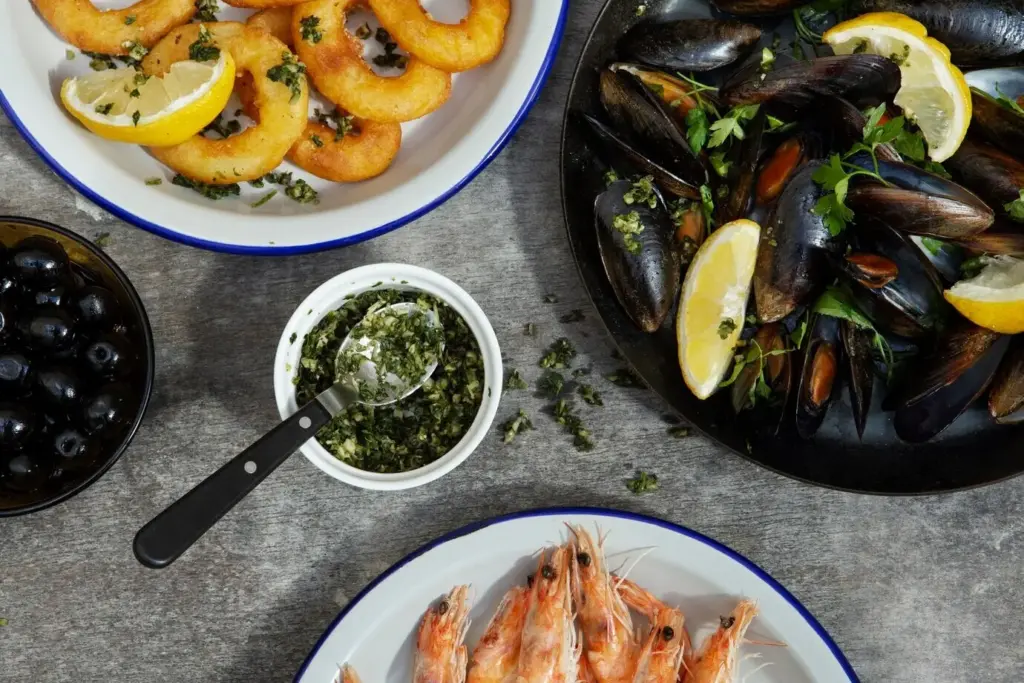Spanish Across Oceans: Words, Sounds, and Everyday Choices


Daily Objects and Services
Simple errands reveal rich variation. A mobile phone is móvil in Spain and celular across most of Latin America. Parking becomes aparcamiento or estacionamiento. A bus might be autobús, guagua in the Caribbean and Canary Islands, or micro in Chile. When you ask for a straw, expect pajita in Spain and popote in Mexico, yet sorbete in Argentina. Embracing these differences reduces confusion, invites friendly conversations, and shows respect for local habits you encounter in shops, stations, and neighborhood kiosks everywhere.
Food, Markets, and Cafés
Menus double as vocabulary guides. In Spain, orange juice is often zumo de naranja; in most of Latin America, jugo de naranja. Avocado shifts between aguacate in Mexico and Central America and palta in parts of South America. Popcorn ranges from palomitas in Spain to pochoclo or canchita elsewhere. I once ordered jugo in Madrid and got a gentle correction with a grin. Such moments teach quickly, spark laughter, and leave you with memorable anchors that make new words stick for good.
Work, Study, and Technology
At the office or university, vocabulary choices shape professional clarity. Spain often says ordenador and portátil, while Latin America favors computadora and laptop. Email closings diverge between un saludo cordial and atentamente; attachments are adjuntos or anexos. Printers are impresoras everywhere, but the act might be imprimir or sacar copia, depending on context. When collaborating across regions, choose widely understood words and define specialized terms early. This mindful approach prevents misunderstandings, speeds projects along, and builds trust among colleagues who bring diverse linguistic backgrounds to shared goals.
Soundscapes: Pronunciation Patterns from Madrid to Mexico City

Forms of Address and Everyday Usage
Understanding Media: News, Series, and Music as Teachers

Newsrooms and Neutral Registers

Series, Slang, and Streetwise Listening

Music, Melody, and Memory
Smart Choices for Travelers and Professionals
A Practical Study Plan to Balance Both Worlds
Week-by-Week Strategy You Can Keep
Flashcard Mapping and Minimal Pairs
Community Practice, Feedback, and Engagement
All Rights Reserved.